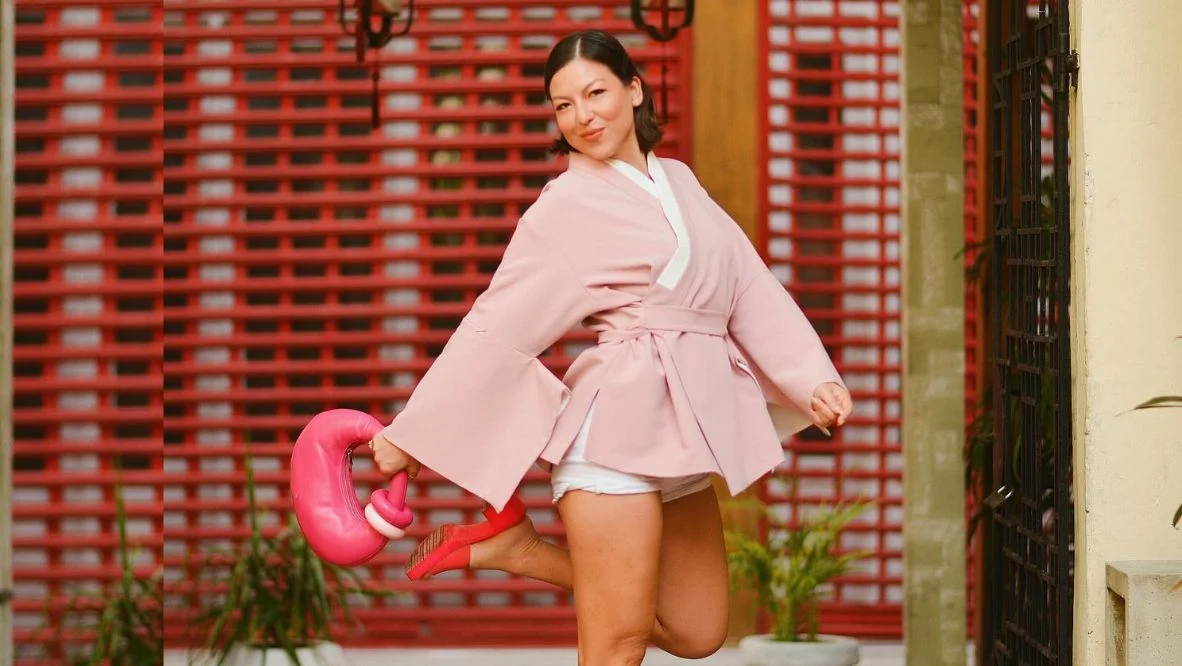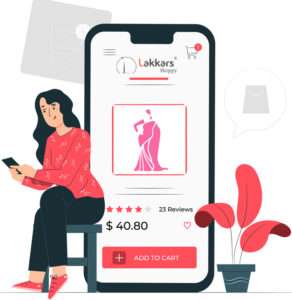
How Dr Kiona is championing ethical tourism, female empowerment
Work hard, play hard. 5-9 before the 9-5. According to many social media trends, the key to a successful life relies on the balance between channelling our inner girl boss or bropreneur and scheduling time for some well-deserved personal moments. In this dichotomy, travel can often be perceived as a reason for reckless abandon. But for Doctor Kiona, it has never been a better time to embrace a more conscientious approach to exploration.
The award-winning academic, philanthropist, serial entrepreneur, world traveller, author and podcaster believes that ethical travel is not only possible but essential—and she has been using every possible platform, from Instagram captions to academic papers, to educate the world about it.
Indeed Dr Kiona has become a voice of authority on the matter: the Korean-Austrian daughter of immigrants raised in Hawaii has earned four degrees by the age of 27, established Reroot, a pioneering decentralised travel university, written an award-winning blog How Not to Travel Like a Basic Bitch and has been inspiring thousands of people to embrace ethical and sustainable travel practices through her podcast, How Not to Travel.
“Travelling is a fantastic learning experience,” she tells Tatler on a video call from El Salvador, where she’s based. “It broadens your horizons, pushes you out of your comfort zone, fosters tolerance, acceptance and combats prejudice and discrimination.” However, the onus is on travellers to ensure that their journeys do not exploit the very cultures they wish to experience—something that we, as a civilisation, still have a lot to learn, she says.
“Travelling isn’t a right, it’s a luxury,” she says. “So, if you’re travelling, you have the responsibility to leave the country you’re visiting better than when you arrived. If you can’t do that, then you have no business being in another country.”
Beyond these critical words, Dr Kiona wants you to keep travelling. In fact, she wants you to do more of it—just more responsibly and with purpose. For tourists and travellers looking to make a positive impact, she offers tips on how to travel with an emphasis on education and cultural sensitivity.
Ethical travel requires financial responsibility
Before embarking on a journey, Dr Kiona advises travellers to check their bank accounts and reassess their finances. She believes that at the heart of ethical travel is its impact on local economies and communities. She wants to challenge the enduring backpacker culture that celebrates budget travel: travelling is a luxury, and backpackers, when not contributing adequately, are “leeches to society”.
Having lived under the poverty line until she was 27, Dr Kiona is acutely aware of the implications of spending—or lack thereof. “We’re talking about people’s livelihoods and futures,” she states. “If you’re travelling, you need to pay the price. Stop negotiating.”
Against all odds, she says that large luxury hotels aren’t necessarily the biggest obstacle to responsible travel. “Big resorts aren’t necessarily the worst enemy of ethical travel,” she explains. “At least you’re in your world there and you pay full price. But it’s crucial to research whether tourism benefits the local economy.”
From Kyoto to Hawaii, numerous destinations have witnessed local communities expressing their concerns about the negative impacts of tourism on their way of life. To prevent this from happening, observing a place from a local perspective is essential; Dr Kiona encourages travellers to heed the advice of locals about visiting their communities: “If locals say ‘don’t come,’ then don’t come. If they say ‘come’, then engage with them on their terms.”
Take responsibility for accurate representation
Integrating local voices into your expedition is a fundamental duty for Dr Kiona. But more than being willing to learn from them, travellers have a responsibility to share these perspectives correctly once back home. She cautions against spreading broad judgments and misinformation, as even a simple social media post can perpetuate damaging narratives.
“If you’re going to publish an Instagram caption, a Facebook or blog post about your trip, you have a responsibility to provide accurate information,” she emphasises. “Misinformation can have long-lasting effects across populations, especially as it tends to over-generalise them.”
She gives the example of El Salvador’s infamous representation. “People still have this perception that El Salvador is particularly dangerous, which is not the case,” she says. “By feeding this narrative, we’re not only preventing their economy from benefiting from tourism, but we also affect the lives of people on the ground. These people aren’t dangerous, but get denied from hotels when they travel abroad because they’re from a country that is deemed ‘dangerous’.”
Travellers must recognise their role in shaping perceptions and narratives about the places they visit. By embracing education and accuracy in their representations, they can help uplift local communities and foster a more nuanced understanding of diverse cultures.
Recognise your privilege and make a positive impact: A case for women’s empowerment
The significance of women’s perspectives is inherently highlighted through travel, as studies show that most travellers are female. According to Condor Ferries, in 2023, 64 per cent of travellers worldwide were female and 36 per cent male. “Women are more prone to travelling alone because they push through discomfort, while men often wait for friends or feel uneasy,” Dr Kiona notes. This imbalance naturally impacts the way travellers plan their trips, from making safety a top priority to searching for alternative perspectives.
Male narratives often dominate cultural discussions, Dr Kiona explains. That’s why she urges travellers to seek out and amplify female perspectives. Supporting women-owned businesses—from cafés to guided tours—can also significantly impact local economies. For this, Facebook groups and blogs are amazing resources, she says: just a few minutes of research can have a big impact.
“Be generous with businesses owned by women,” Dr Kiona adds. “I love getting my nails done in each country I visit. It’s a small but effective way to contribute, as they’re more often than not women-owned.” She highlights how economic empowerment through travel can provide women with opportunities to break free from generational poverty, a sentiment echoed by her observation that many employees of the nail salons she has visited are single mothers navigating complex familial situations. “These women often carry additional burdens, unlike their male counterparts,” she explains.
However, in these situations, a traveller may encounter a situation where their privilege is being highlighted. While Dr Kiona emphasises the importance of recognising and utilising privilege responsibly, she stresses that saviourism should have no place in this approach.
“Don’t feel sorry for your privilege; it does no one any good,” she advises. “Use it to make a positive impact.” The fundamental aspect of responsible travel is to engage with local populations on their own terms, she says, whether in terms of customs, values, or needs. An interesting case study she likes to look at is the women’s rights one. Dr Kiona adopts an intersectional approach to feminism within the context of travel. “Feminism should come from understanding what women go through in their cultural context,” she insists. “It’s crucial to ask about women’s places in each country’s history, and to not push an agenda onto themselves.” Ultimately, her vision of ethical travel calls for a renewed commitment to being responsible citizens of the world—one that honours the people, cultures, and environments that travellers encounter. Through mindful travel, Dr Kiona illustrates that exploration can be a force for good, transforming adventures into educational opportunities and empowerment at home and abroad.



